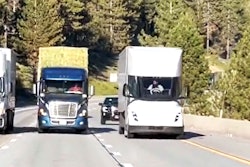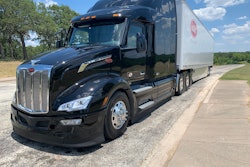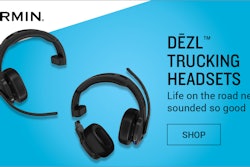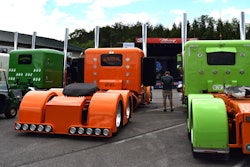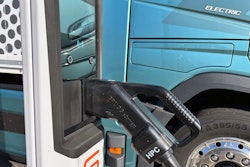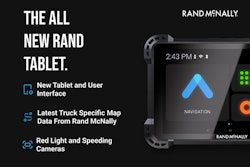If it feels like everything you read about on-the-ground, real-world implementation of electric-drive Class 8 trucks stems from an operation working the ports in California, that's no accident. The California Air Resources Board's "Advanced Clean Fleets" regulation's most aggressive deadline requires fleets with trucks working the state's ports to register those units with CARB before the end of this year. As of the beginning of 2024, CARB mandates any new truck added to the registry for port work be a so-called "zero emissions" unit (ZEV).
Most of what qualifies and is available today is in the solely battery electric realm, though sizable port drayage provider IMC and its Pacific Drayage Services unit out West has ordered 20 Nikola hydrogen fuel cell-electric trucks that would fit the bill, too, with potentially more than twice the range. Yet, speaking in September, IMC President Jim Gillis hadn't seen a single order deliver as yet.
He said he knew of other fleets sitting on big battery electric orders themselves with no clear timetable for the rigs' delivery.
"Who knows, right? I think we’ll get two or three" this quarter at least, he hoped for those hydrogen trucks.
Uncertainty about how CARB's drayage reg plays out on the ground is high for other reasons, too. The California Trucking Association recently filed suit in federal court taking aim at the ACF broadly, alleging state overreach and violations of both the Clean Air Act and the Federal Aviation Administration Authorization Act, which prohibits state regulation from impacting various aspects of interstate operations inside and outside the state's borders. Whether the district court might act to enjoin CARB from enforcing the fast-approaching dray-registry deadline is unknown.
Regardless, fleets of all sizes have simply moved ahead, whether dipping their toes into battery electric with a few trucks or, like IMC, doing that but also placing big diesel orders in efforts to beat the end-of-year deadline for new diesel units in the registry. Sensing huge opportunity with a fast ZEV transition in the ports, too, other companies have jumped into the game on the charging-infrastructure side, as detailed in the previous part of this series in conversation with the Forum Mobility startup.
If there's anywhere a Class 8 electric tractor has the potential to excel, it's short-run port drayage. CARB itself notes its ACF rule specifically seeks to speed along a transition to ZEVs with in-use-trucks regulations for fleets "well suited for electrification," while placing later deadlines on vehicle manufacturers' sales. Yet early adopters of battery electrics struggle to balance the need for sometimes lengthy charging time during a workday with the need for production -- and adequate driver pay.

